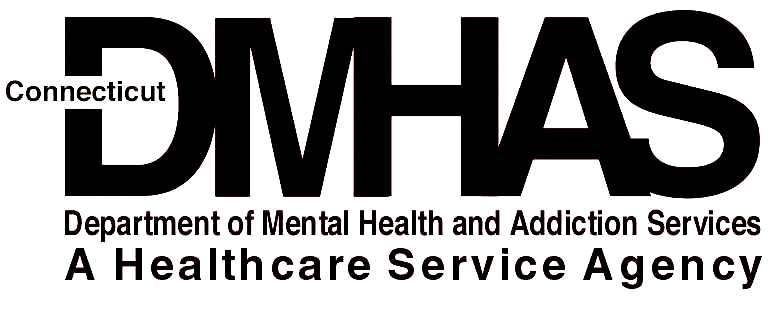 |
Information . . . foundation for good policy |
|
Governor M. Jodi Rell |
Commissioner Thomas A. Kirk, Jr. , Ph.D. |
December 15, 2005"Managing Care Supports Recovery"
Learn how the innovative General Assistance Intensive Case Management Program uses managed care tools and technology to help people improve their health and regain stability in their lives.
December 6, 2005"2005 Consumer Satisfaction Survey"
Results of the the Connecticut DMHAS survey in which individuals receiving care were asked to rate the adequacy of services in 5 different domains, are compared to national statistics.
November 29, 2005"Using Data To Improve and Expand Services"
A look at science and outcome data showing that appropriately applied ambulatory services are safe and effective, often with better outcomes than residential care for certain people.
October 28, 2005"White and Odorless, but Deadly Just the Same"
An informative look at the illicit and dangerous drug, Methamphetamine which is causing much concern in Connecticut, and nationally.
October 6, 2005"Expanding A Resource Base for Connecticut's Behavioral Healthcare System"A description of one component of Connecticut's successful resource development strategy in support of its development of a quality driven, recovery-oriented service system
September 15, 2005"Peers Helping Those Who Are Hardest To Help"Discusses the DMHAS-funded Peer Specialist Initiative. This initiative was founded on the belief that engaging people to accept treatment willingly is more effective and has better retention rates than coerced treatment.
July 15, 2005"Melissa's Project"
Melissa's Project is an innovative collaborative effort that has been successful in helping people with prolonged mental illness.
June 23, 2005"Integrated Dual Disorder Treatment"
Highlights the success of the Integrated Dual Disorder Treatment (IDDT) Model which assists people in learning how to manage their co-occurring disorders more successfully so they can pursue and lead more meaningful, quality lives.
June 9, 2005"Bringing Illness Management and Recovery (IMR) to Connecticut"
May 26, 2005"Measuring Our Progress"
May 5, 2005"Urban Initiatives: Successful Engagement and Recovery Interventions"
April 21, 2005"Research Informing Policy"
April 8, 2005Basic Needs Program (BNP)- Improved Care and Good Return on Investment
March 24, 2005Inhalants: Nothing to Sniff At
February 16, 2005Improving Medical Care for People with Severe Psychiatric Illness
February 4, 2005Promising New Approach for Challenging Behaviors
January 21, 2005Research Informing Policy
January 6, 2005Centers of Excellence
DMHAS, through its Education and Training Division, is disseminating IMR within four participating DMHAS-operated facilities. IMR is an evidence-based practice that helps people learn to manage the symptoms of mental illness.
Describes how DMHAS measures the success of its services in helping people to achieve their own recovery.
Highlights the Urban Initiative Projects (UIPs) in New Haven and Bridgeport which were implemented to engage people with substance use and psychiatric disorders who are in recovery and for whom traditional treatment services have not been effective.
Two DMHAS studies examine the effectiveness of different forms of case management and provide valuable information regarding the best service approaches to achieve and sustain recovery in the community.
Highlights a program that is easily accessible, person-centered and proven to be effective in engaging and retaining people in care until they reach higher levels of independence and stability.
Highlights the problem of substance abuse among our youth involving inhalants - common household products that contain volatile solvents or aerosols and are often overlooked.
Learn more about holistic health promotion and improving medical care to address diabetes, a significant health issue for persons with a psychiatric disability.
The DMHAS Young Adult Services unit has shown promising results in reducing problem behaviors for young adults through the Positive Behavioral Support (PBS) planning approach.
The DMHAS Research Division has served to inform the policy/recommendations made by the CT Prison and Jail Overcrowding Commission through knowledge gained in an impressive series of studies.
Highlights the nine newly established Centers of Excellence that are a key part of DMHAS' Recovery Education and Training Institute. In designing the consultation and training, elements of recovery-oriented practice were identified through a recovery practices inventory that was administered to 169 staff across the nine programs.

